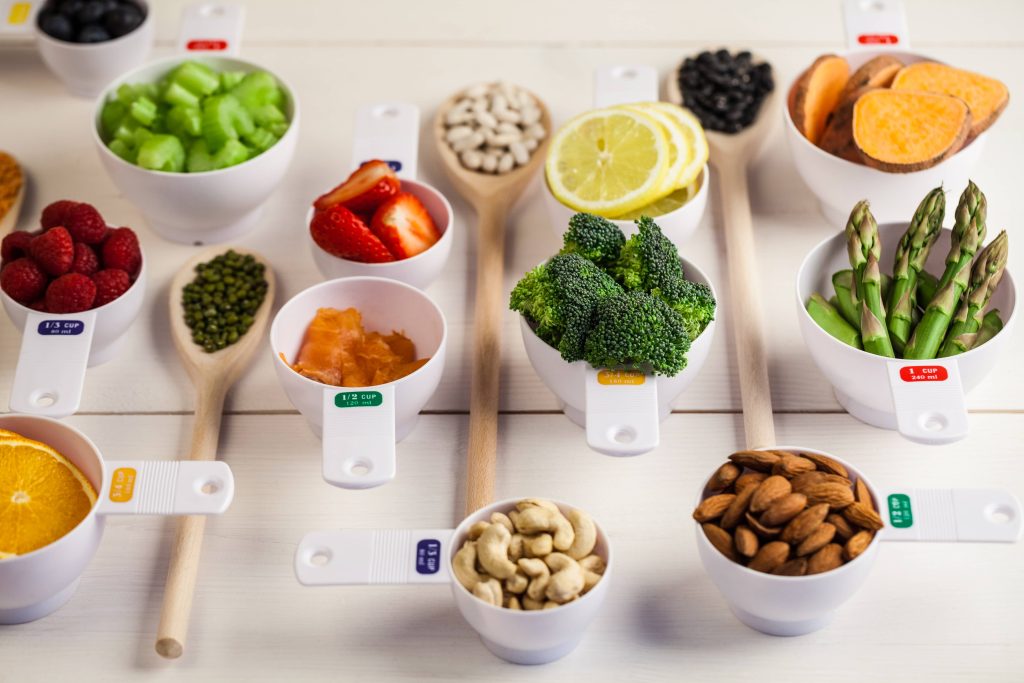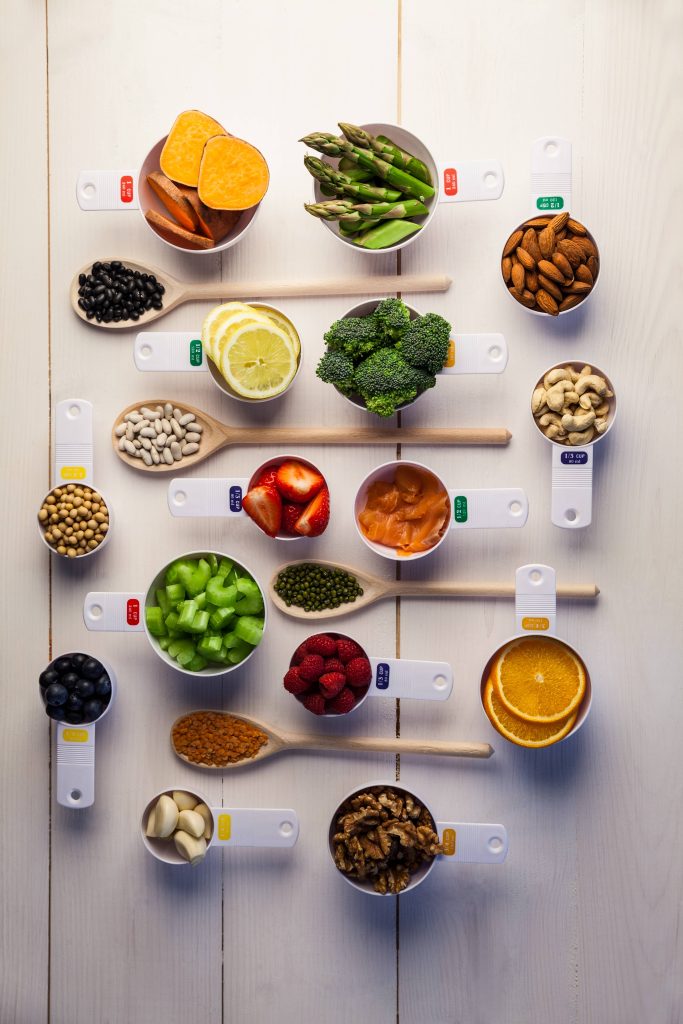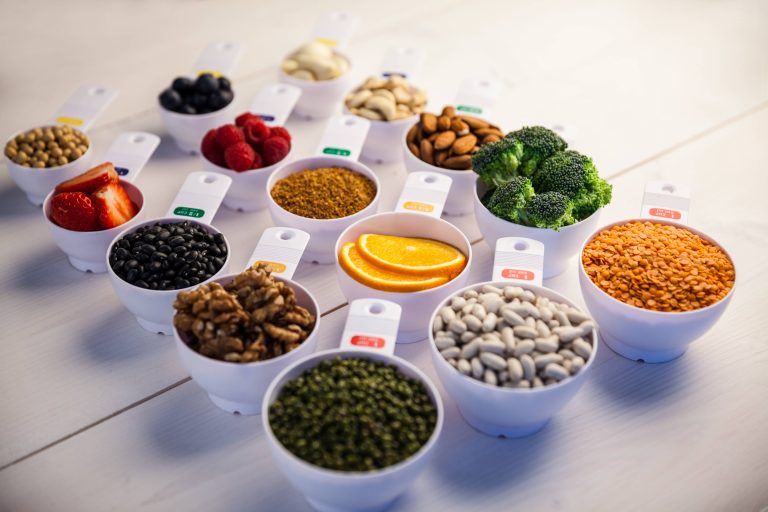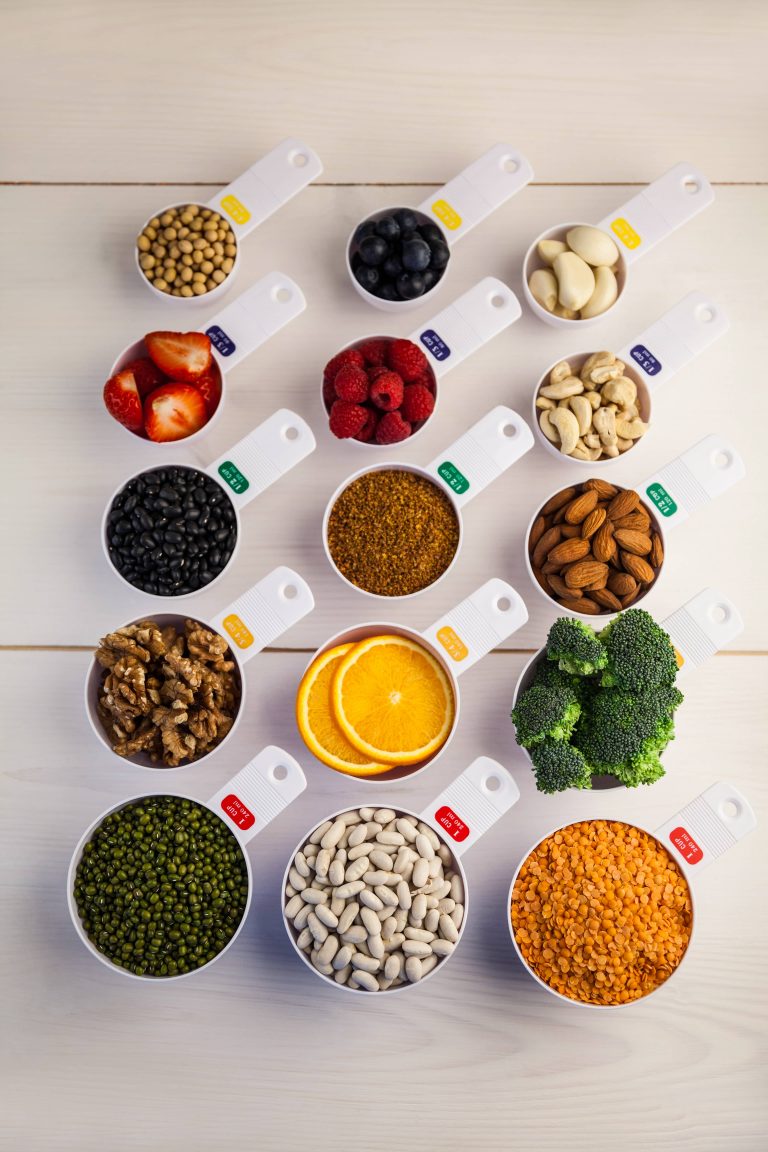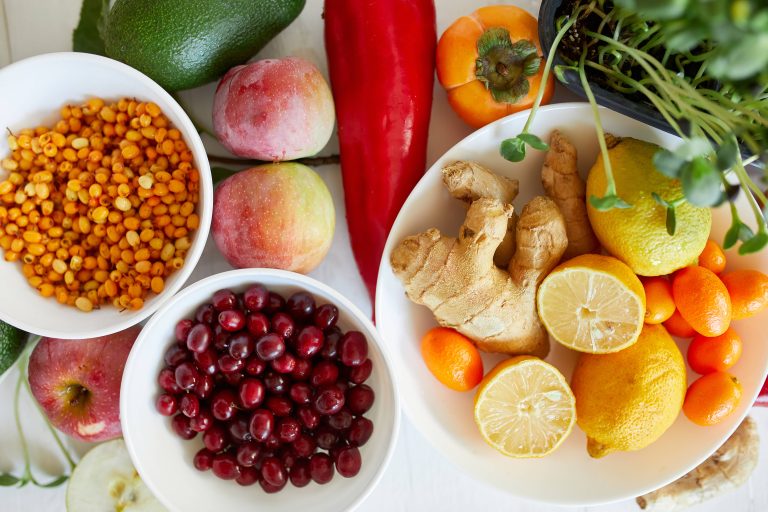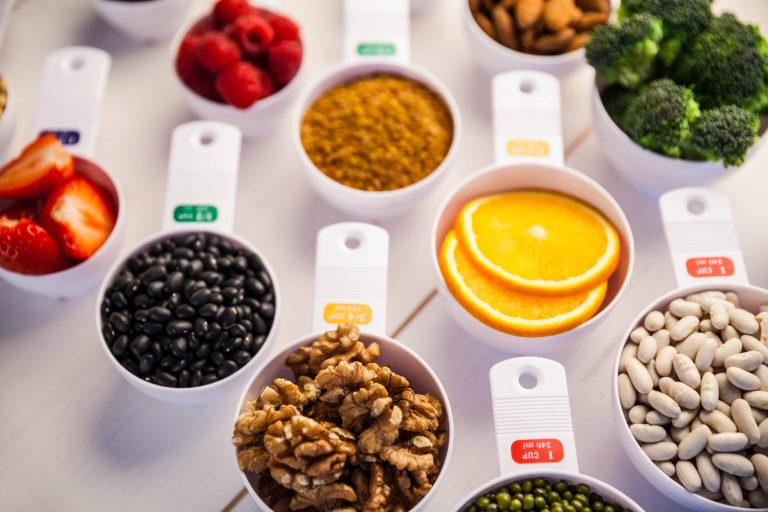
In the quest for maintaining a healthy weight, the focus often shifts to the latest diet trends or the most intense workout regimes. However, the foundation of long-term weight management lies in the foods we consume daily. Choosing the right foods can not only help in shedding those extra pounds but also in keeping them off for good. Here, we explore some of the most effective foods that can aid in maintaining long-term weight management.
1. Leafy Greens
Leafy greens like spinach, kale, and Swiss chard are powerhouses of nutrition. They are low in calories and carbohydrates but loaded with fiber, which helps keep you full longer. The high water content in these greens also adds volume to meals without increasing calories, making them an excellent choice for weight management.
2. Whole Grains
Whole grains such as oats, brown rice, and quinoa are rich in fiber and essential nutrients. Unlike refined grains, whole grains are digested slowly, which helps in maintaining stable blood sugar levels and reduces hunger pangs. Incorporating whole grains into your diet can lead to a more sustained energy release, preventing overeating.
3. Lean Proteins
Proteins are crucial for building and repairing tissues, but they also play a significant role in weight management. Lean proteins like chicken breast, turkey, and tofu are low in fat and high in protein, which can boost metabolism and increase the feeling of fullness. Including a source of lean protein in every meal can help in reducing overall calorie intake.
4. Legumes and Beans
Beans and legumes, such as lentils, chickpeas, and black beans, are excellent sources of plant-based protein and fiber. They are low in calories and can be very filling, making them a great addition to a weight management diet. The fiber content in legumes helps in promoting a healthy digestive system and can aid in weight loss by keeping you full longer.
5. Nuts and Seeds
While nuts and seeds are calorie-dense, they are packed with healthy fats, protein, and fiber. Consuming moderate amounts of nuts like almonds, walnuts, and seeds like chia and flaxseeds can help in weight management. They provide a satisfying crunch and can be a great snack option that keeps hunger at bay.
6. Fruits
Fruits are nature’s candy, offering a sweet treat without the added sugars found in processed snacks. Berries, apples, and pears are particularly beneficial for weight management due to their high fiber content and low-calorie count. The natural sugars in fruits provide a quick energy boost, while the fiber ensures a slow release of energy, keeping you satisfied longer.
7. Yogurt and Fermented Foods
Yogurt, especially Greek yogurt, is high in protein and probiotics, which are beneficial for gut health. A healthy gut can influence weight management by improving digestion and nutrient absorption. Fermented foods like kimchi and sauerkraut also contain probiotics and can be a flavorful addition to meals.
8. Healthy Fats
Not all fats are created equal. Healthy fats found in avocados, olive oil, and fatty fish like salmon are essential for overall health and can aid in weight management. These fats help in absorbing fat-soluble vitamins and can increase the feeling of fullness, reducing the likelihood of overeating.
9. Cruciferous Vegetables
Cruciferous vegetables such as broccoli, cauliflower, and Brussels sprouts are high in fiber and low in calories. They are also rich in vitamins and minerals, making them a nutritious addition to any meal. The fiber content in these vegetables helps in promoting satiety and can aid in weight management.
10. Spices and Herbs
Spices and herbs not only add flavor to meals but can also aid in weight management. Spices like cayenne pepper and cinnamon can boost metabolism, while herbs like mint and basil can enhance the taste of dishes without adding extra calories.
Conclusion
Maintaining long-term weight management is not about deprivation but about making informed food choices. Incorporating a variety of nutrient-dense foods into your diet can help in achieving and maintaining a healthy weight. Remember, balance and moderation are key. By focusing on whole, unprocessed foods and listening to your body’s hunger cues, you can enjoy a sustainable and healthy lifestyle.


